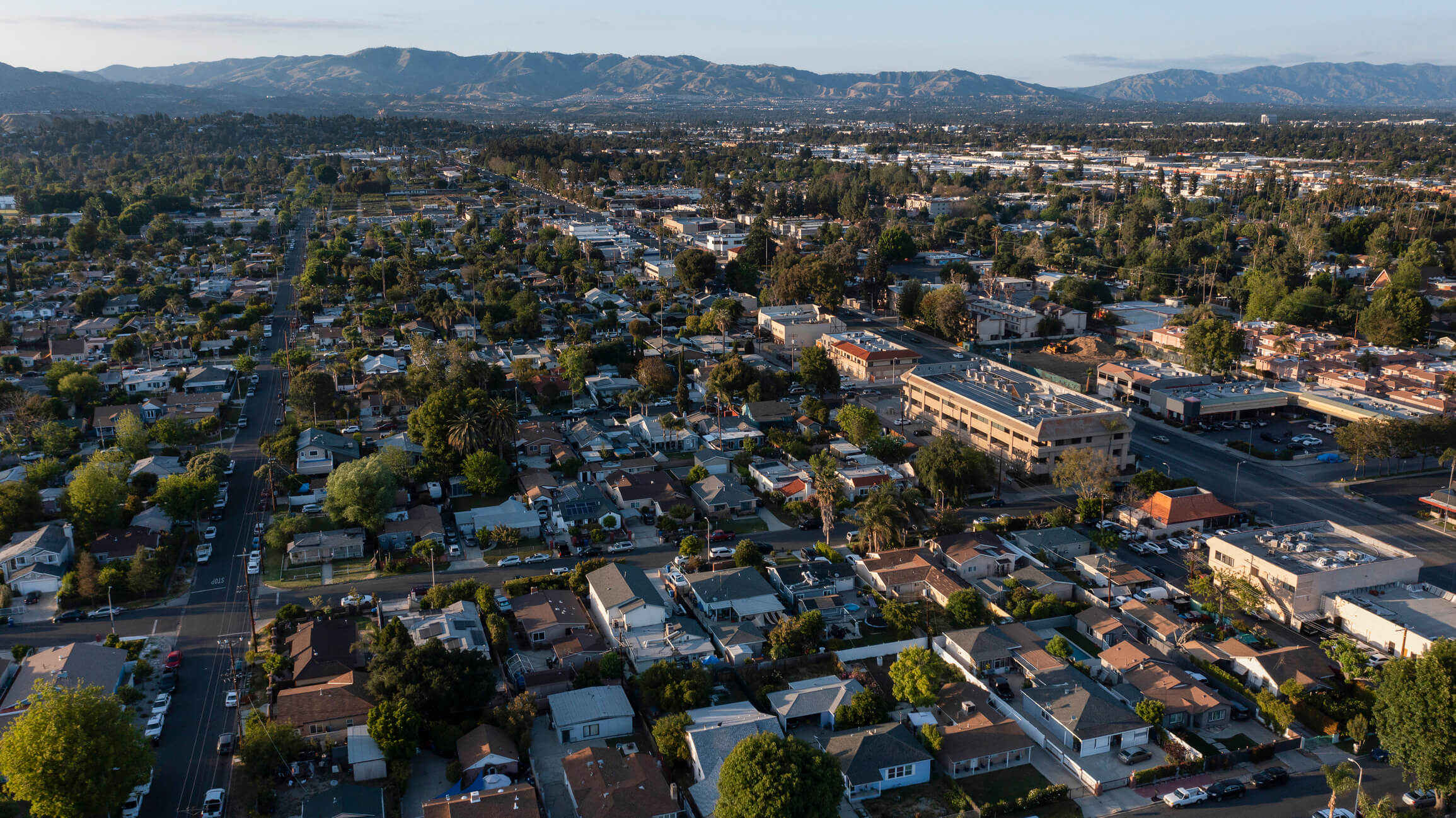Canoga Park’s vibrant suburban culture and diverse energy attract older adults seeking a blend of convenience and community, yet lumps or a breast cancer diagnosis—especially with hormone-receptive tumors—can complicate day-to-day routines if not addressed properly. Hormone Therapy for Breast Cancer in Canoga Park focuses on reducing or blocking estrogen/progesterone signals that fuel certain malignant cells. All Seniors Foundation notes that for ER+ or PR+ lumps, these medications form a crucial part of post-surgical or advanced disease management. By neutralizing hormone triggers, older adults can minimize recurrence risk, continuing mild errands, neighborhood interactions, and local cultural events with fewer disruptions to their daily flow.
Breast cancers that rely on estrogen or progesterone (ER+ or PR+) can remain dormant if starved of these hormones. Surgery extracts visible lumps, but residual cells might linger. All Seniors Foundation underscores that hormone therapy, whether tamoxifen or aromatase inhibitors, can remain in place for half a decade or more, quietly denying malignant cells the fuel they crave. For older adults, this approach can be gentler than chemo, though side effects—like hot flashes or bone density dips—still warrant watchful care. In Canoga Park, local clinics and labs streamline check-ups, ensuring lumps stay in remission.
Seniors in Canoga Park often juggle errands, neighborhood gatherings, or multi-generational family visits. All Seniors Foundation emphasizes that hormone therapy typically involves a once-daily pill or occasional injection, requiring less frequent hospital visits than chemo. Regular bone scans or check-ups ensure side effects stay manageable. This frees older adults to keep up with mild volunteer roles, local cultural spots, or social clubs. Even if lumps once threatened daily life, hormone therapy fosters long-term remission with fewer disruptive side effects.
Older adults in Canoga Park often start hormone therapy after lumpectomy or mastectomy, especially if lumps tested hormone receptor-positive. All Seniors Foundation sees synergy with radiation for leftover microscopic pockets, or chemo if lumps had aggressive markers. In advanced disease, indefinite hormone therapy can slow progression. Because these medications function over years, local labs and imaging centers track progress or potential side effects. Lumps remain subdued so seniors preserve independence—driving to local events, hosting family gatherings, or joining community classes.
Spouses, adult children, or neighbors might assist with medication pick-ups or doctor visits. All Seniors Foundation notes a monthly or bimonthly check helps spot bone aches, hot flashes, or mood changes quickly. If lumps appear on scans or therapy stops working, relatives can help pivot to new regimens or coordinate advanced imaging. This synergy guarantees lumps remain controlled, while older adults keep enjoying local dining or community fairs without major setbacks.
When lumps or pathology confirm an ER+/PR+ profile, Hormone Therapy for Breast Cancer offers a crucial buffer. All Seniors Foundation clarifies medication differences, side effect management, and labs needed. Canoga Park’s network of supportive oncology clinics ensures minimal travel for seniors. This combination fosters a stable routine—lumps fade into the background, bone health remains guarded, and older adults maintain the lively spirit that defines this diverse suburb.
Curious how lumps might respond to tamoxifen or AIs? All Seniors Foundation stands ready to guide you through Hormone Therapy for Breast Cancer—from potential side effects to synergy with other prescriptions. Seniors in Canoga Park can confidently adopt a regimen that quietly starves hormone-driven cells, letting them focus on life’s joys, local events, and family milestones without lumps overshadowing each moment. A new chapter opens, balancing therapy with the everyday rhythms that keep Canoga Park vibrant.
